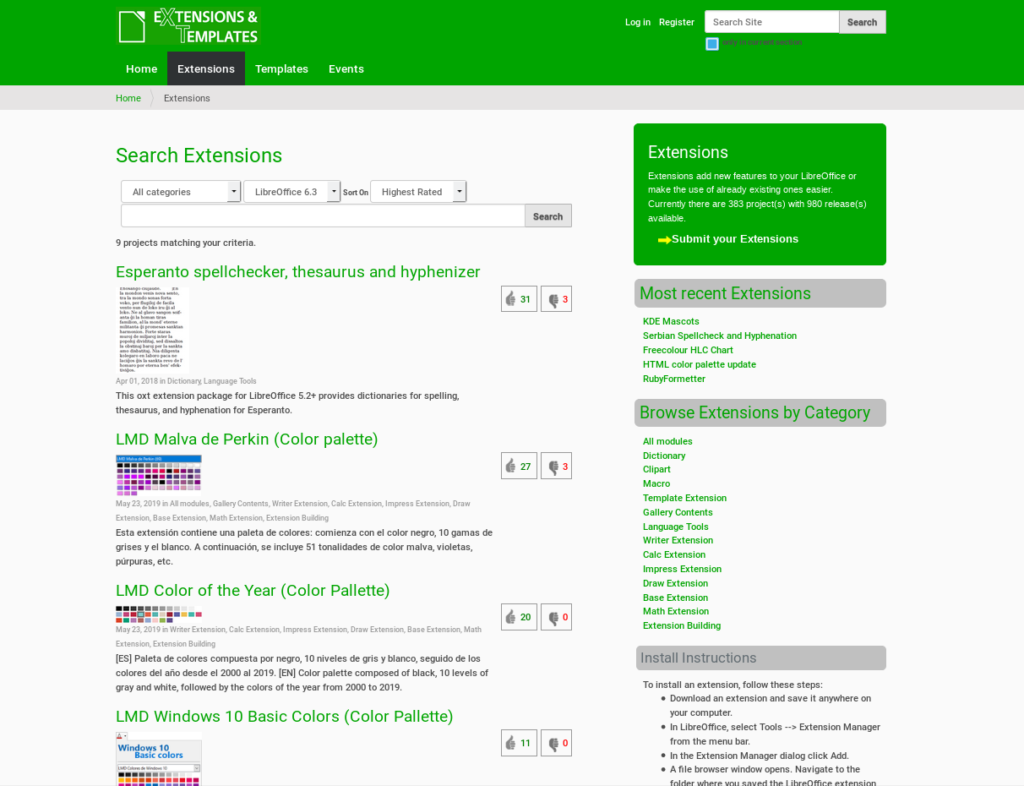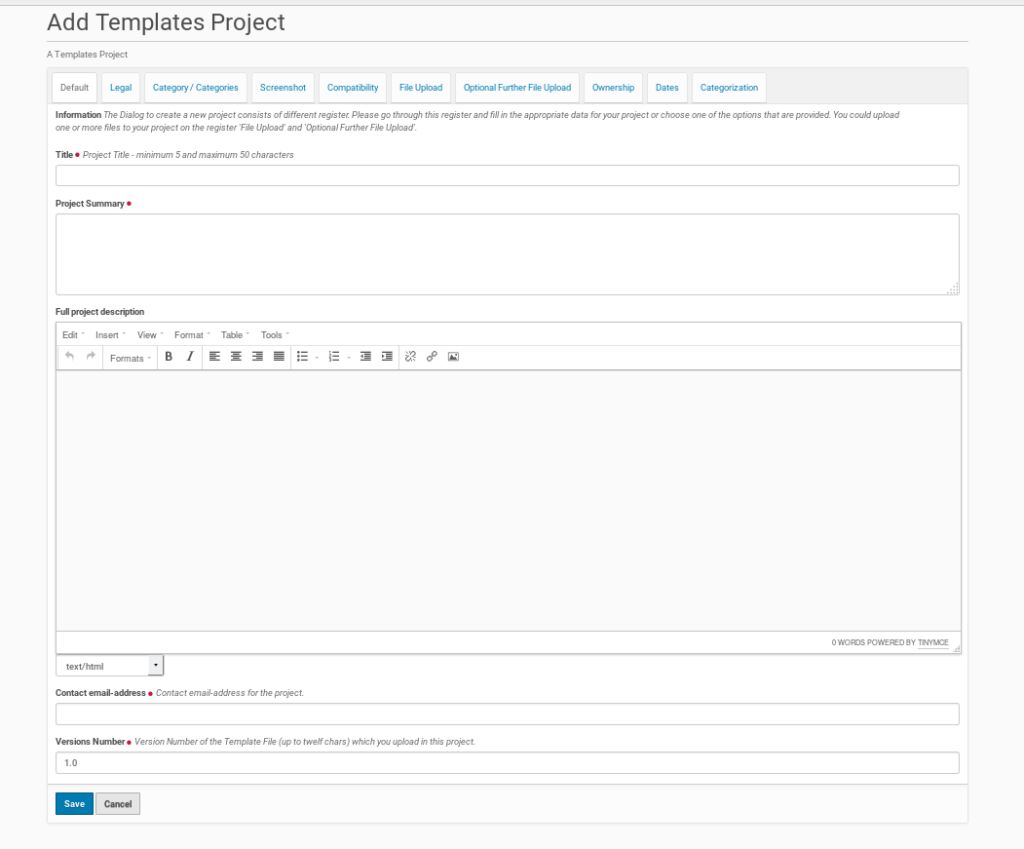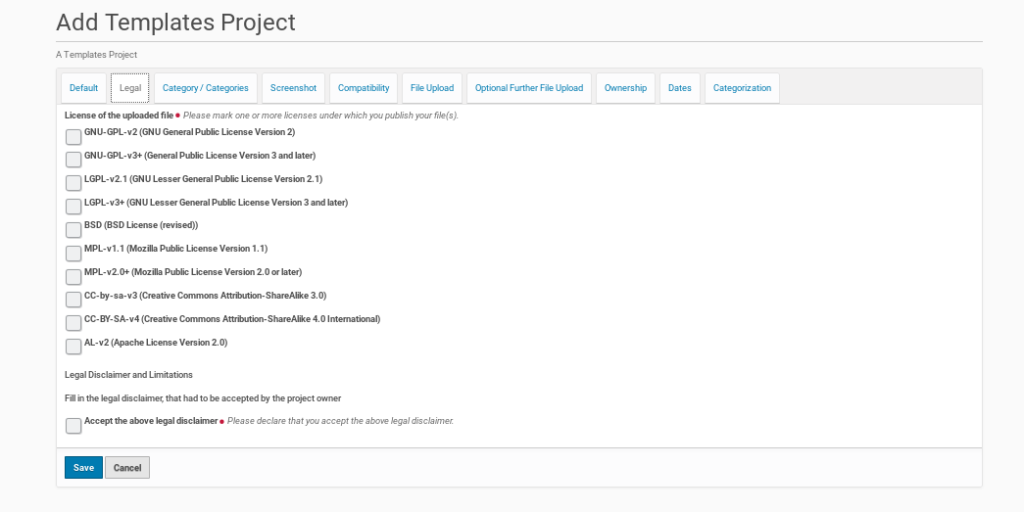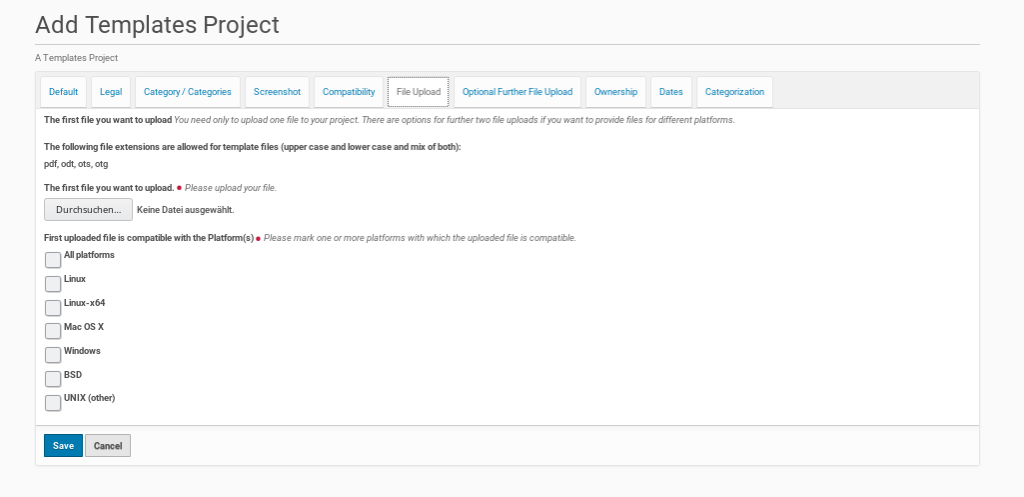New projects often started as a volunteer project with enthusiastic people. The project growed over the time and it got some or a lot of donation (or sponsor) money. That was the time, when the leading people of the project got the impression that it is not possible to drive the project with volunteers only. They decided to spend money for one or more employees. This employees in connection with the leading people of the project built a group. Both sides had an interest in keeping the project running as it is and take full control. The leading member most often had a personal or business interest in the outcome of the project. The employees had a personal interest too, because they need to pay their bills and thus need the income.
The whole group of employees and leading members had in common that they had a lot of time to work on the project. Thus they marginalized the pure volunteer contributors, because they could only work on the project in their spare time. At some point the pure volunteers realized that dominance of the other group and once they felt excluded or got no positive feedback and support for their volunteer work, they quit their contributions and left the project.
That was the time when the remaining (volunteer) member / contributors of the project complained about the insufficient number of volunteers in the project. But instead of reorganizing the project and revise its whole structure and processes, the leading group went into the same direction and replaced the missing volunteers with employees or paid work. But that didn’t solve the problems, because more pure volunteers felt not respected and considered, why they should do the work without paying.
This process will not stop until the group of leading members and employees remember that they are an important part of the issue and that the organization of the project will need a radical disruption (a new start). That includes not only the technical or organizational construction but the employed or contracted people too.
It would be necessary for a healthy new start of a volunteer project that the driving people would be able to take a look from ‚10,000 feet‘ onto the project and wouldn’t be captured in the current organization and structure of the project. Thus the current leading members and employees / contractor wouldn’t be most likely the best choice to rethink and start the process of disruption. It would need a new group of active members / volunteers to drive things forward without interference of the current group of leading members and employees / contractor. The latter one had to step aside. But it most likely would need a conflict to reach such a situation.







